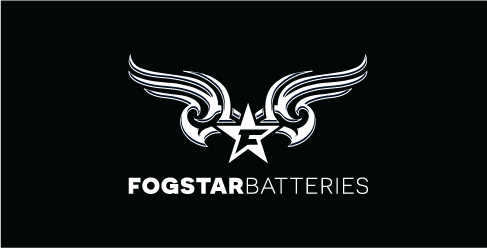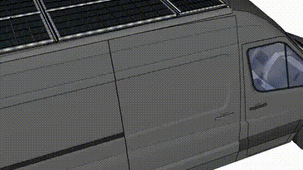There are a lot of battery suppliers in the US, but I'm doing a campervan build in France. As an American it's not so easy for me to buy batteries here and this is a huge purchase for me. I'd appreciate any help.
Through another thread I thought I wanted 3 or 4 12V 206Ah SOK Batteries, since these are available in Europe and were reviewed well on mobile-solarpower.com. But re-reading a post by @TacomaJoe got me concerned that these batteries might have poor current characteristics. Here they are:
If I understand right, it's the inverter that I need to be concerned about. I am looking at a Victron MultiPlus 12V 3000VA (or perhaps a 2000VA). I will have 900W on my van, and I'm going with 12V since I also want alternator charging (I drive a lot). I'm doing my best to "future proof" things.
In this video @Will Prowse reviews a 12V 400Ah Ampertime which can discharge at 250A. But he says that SOK are higher quality. So I'm trying to figure out what's more important. (By the way, I'm not bothered with the low temp issue -- this van is for full time living -- and I'll put in a switch).
I'd appreciate any advice on whether the above batteries will be a problem, and if so, what alternatives I could get here in France?
Thanks.
Through another thread I thought I wanted 3 or 4 12V 206Ah SOK Batteries, since these are available in Europe and were reviewed well on mobile-solarpower.com. But re-reading a post by @TacomaJoe got me concerned that these batteries might have poor current characteristics. Here they are:
Charge information:
Recommended Charge Current 40 A
Maximum Charge Current 50 A
Recommended Charge Voltage 14.4V ~14.6V
Discharge information:
Maximum Continuous Discharge Current 100 A
Peak Discharge Current 200 A
If I understand right, it's the inverter that I need to be concerned about. I am looking at a Victron MultiPlus 12V 3000VA (or perhaps a 2000VA). I will have 900W on my van, and I'm going with 12V since I also want alternator charging (I drive a lot). I'm doing my best to "future proof" things.
In this video @Will Prowse reviews a 12V 400Ah Ampertime which can discharge at 250A. But he says that SOK are higher quality. So I'm trying to figure out what's more important. (By the way, I'm not bothered with the low temp issue -- this van is for full time living -- and I'll put in a switch).
I'd appreciate any advice on whether the above batteries will be a problem, and if so, what alternatives I could get here in France?
Thanks.
Last edited:




